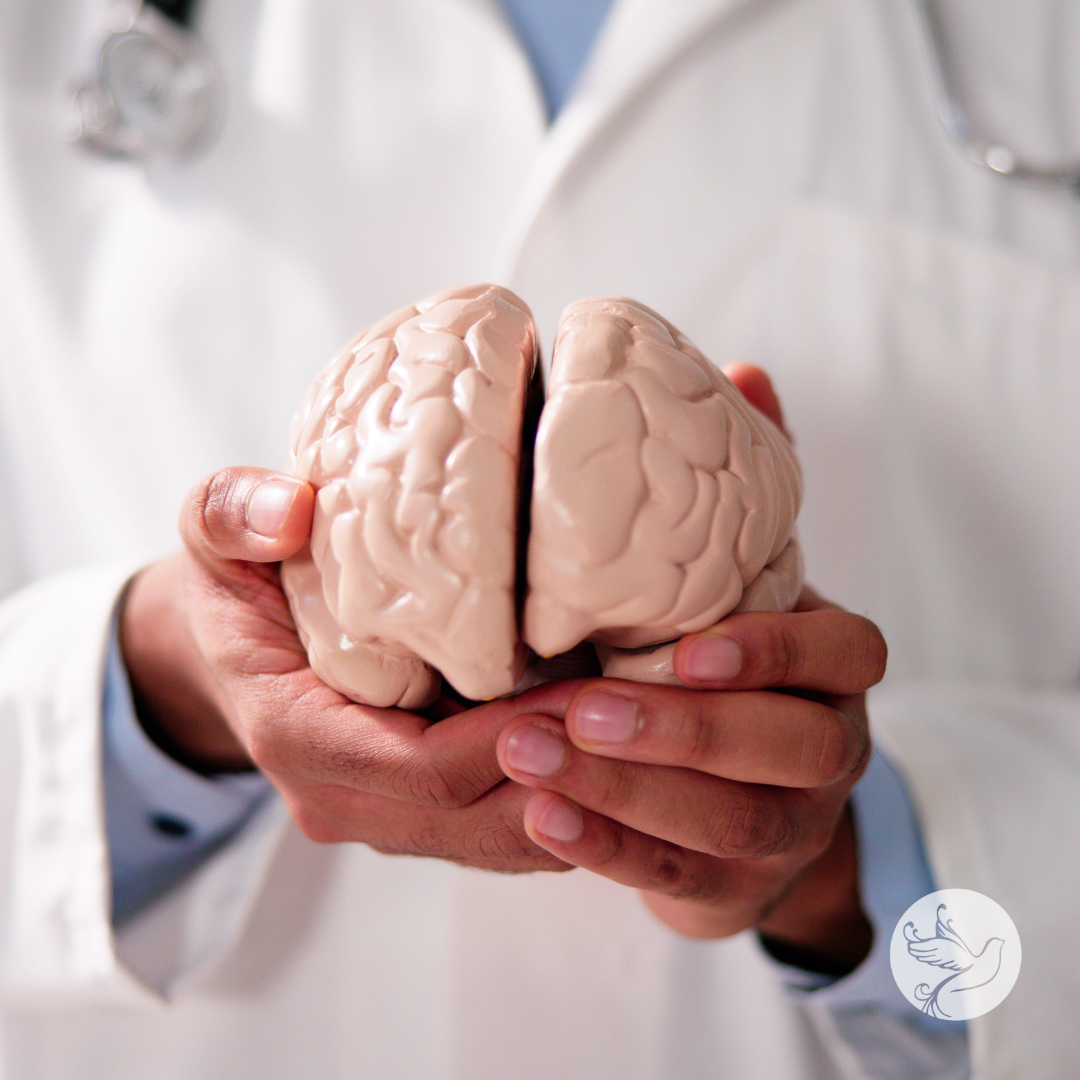Cognitive Health in Older Adults
The vision for the RCHC Blog has always been to share beneficial information about topics that will help in the natural aging process of life. We hope you’ve been receiving helpful and encouraging information from our blog. Please let us know if you have any requests for other topics. We hope you enjoy this article about improving cognitive health.
Cognitive health for older adults is a critical aspect of overall well-being and quality of life. As individuals age, they may experience changes in memory, thinking skills, and decision-making abilities. It is important for older adults to engage in activities that promote brain health and cognitive function.
Maintaining cognitive health can be achieved through various strategies such as staying mentally active by reading, doing puzzles, or learning new skills. Physical exercise has also been shown to benefit cognitive function by improving blood flow to the brain and reducing the risk of conditions like dementia. Additionally, a healthy diet rich in fruits, vegetables, whole grains, and omega-3 fatty acids can support brain health.
Regular social engagement is another key component of cognitive health for older adults. Interacting with others, participating in social activities, and staying connected with friends and family can help prevent feelings of isolation and depression, which can negatively impact cognitive function.
Furthermore, getting an adequate amount of quality sleep is essential for cognitive health. Sleep plays a crucial role in memory consolidation and overall brain function. Older adults should aim for 7-9 hours of sleep per night to support cognitive health.
In conclusion, prioritizing cognitive health is vital for older adults to maintain mental sharpness, independence, and overall well-being. By incorporating activities that stimulate the brain, staying physically active, eating a nutritious diet, engaging socially, and getting enough sleep, older adults can promote optimal cognitive function as they age.
Tips for Improving Cognitive Health
Engage in Regular Physical Exercise: Physical activity has been linked to improved cognitive function, so aim to incorporate regular exercise into your routine.
Maintain a Healthy Diet: Consuming a balanced diet rich in fruits, vegetables, whole grains, and healthy fats can support brain health.
Stay Socially Active: Interacting with others can help stimulate the brain and ward off cognitive decline.
Get Sufficient Sleep: Adequate sleep is crucial for cognitive function, so aim for 7-9 hours of quality sleep each night.
Challenge Your Brain: Engage in activities that challenge your brain, such as puzzles, learning new skills, or playing musical instruments. Activities like puzzles, reading, learning new skills, or playing musical instruments can help keep the brain active and healthy.
Manage Stress: Chronic stress can negatively impact cognitive health, so practice stress-reducing techniques like mindfulness, meditation, or yoga.
Stay Mentally Active: Keep your brain sharp by reading, writing, or engaging in intellectually stimulating activities.
Keep Learning: Continuing to learn and challenge the brain with new information or skills can help maintain cognitive function over time.
Protect Your Head: Take precautions to prevent head injuries, as they can increase the risk of cognitive impairment.
Stay Hydrated: Dehydration can affect cognitive function, so make sure to drink an adequate amount of water throughout the day.
By incorporating these tips into your lifestyle, you can promote cognitive health and overall well-being. Remember, it's essential to consult with healthcare professionals for personalized advice and guidance on improving cognitive health in older adults.

